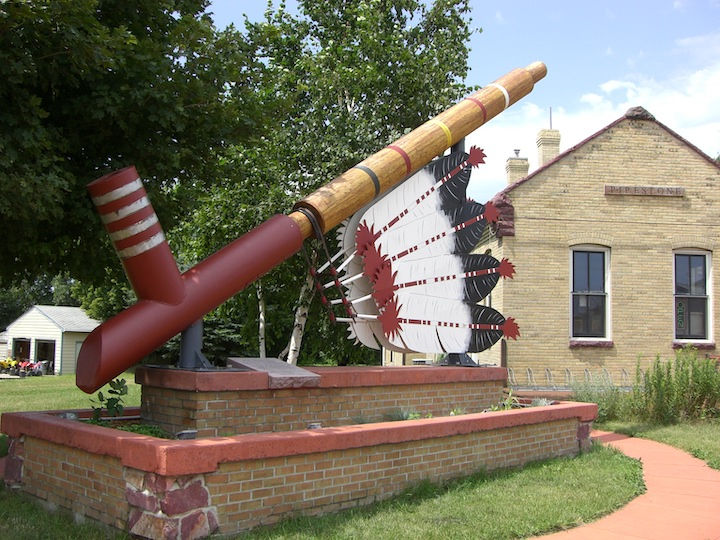Western and Native American Medical Ethics
- Ken Cohen
- Jan 1, 2003
- 2 min read
Adapted from Kenneth Cohen's Honoring the Medicine: The Essential Guide to Native American Healing (New York: Ballantine Books, 2003)

Healing The Healers
Is there a cure for western medical witchcraft? The cure consists of three principles that are easy to name but, unfortunately, because of the inertia of both people and institutions, will be challenging to put into practice. First, self-healing is the foundation for healing others. Doctors need to cultivate inner acceptance by facing personal shadows-- places of insecurity, avoidance, and fear. Medical school education should incorporate self-empowering practices such as meditation, relaxation techniques, nature-awareness, and humor. Secondly, physicians need to learn how to empower patients by teaching preventive medicine and health education, by practicing lifestyle counseling, and by conscious and skillful use of placebo effect (trust and positive expectation). Thirdly, medicine needs to be run as a charity rather than as a business. I honestly believe that doctors, being in a profession of service, should accept salaries on par with or lower than the people they are treating.
And we can add another principle for non-Indian physicians who treat Indian people: make your interactions as culturally congruent as possible by learning the languages and customs of the people and community you are treating and by seeking the guidance of the elders. Remember the cardinal rules of Indian country: respect, humility, gratitude, and generosity.
I am certainly not denying the miraculous, life-saving power of allopathic medicine. I recommend western medicine as necessary and primary therapy for acute conditions that can be traced to specific causal agents such as bacterial infections, drug reactions, concussion, hemorrhage, broken bones, biologic depression, appendicitis, and emergency room trauma. Even in these circumstances, Native American medicine can act as a support and complementary therapy before, during, and after treatment.
Today most Indian people would rather go to a doctor than an herbalist for bacterial pneumonia. A patient with severe chest pain would be ill advised to substitute hawthorn berries for a nitroglycerine pill recommended by his cardiologist. It is unfair, however, to judge a profession only by its most dramatic successes. According to Native American tradition, the more powerful a medicine, the greater the responsibility because the greater the potential for harm. Power and the wisdom that encourages proper use of power must be kept in balance. The ethical concerns of Native American healing offer a fresh cultural perspective and, like an elder teaching a child, may have much to teach its younger sister, Western Medicine.




Comments